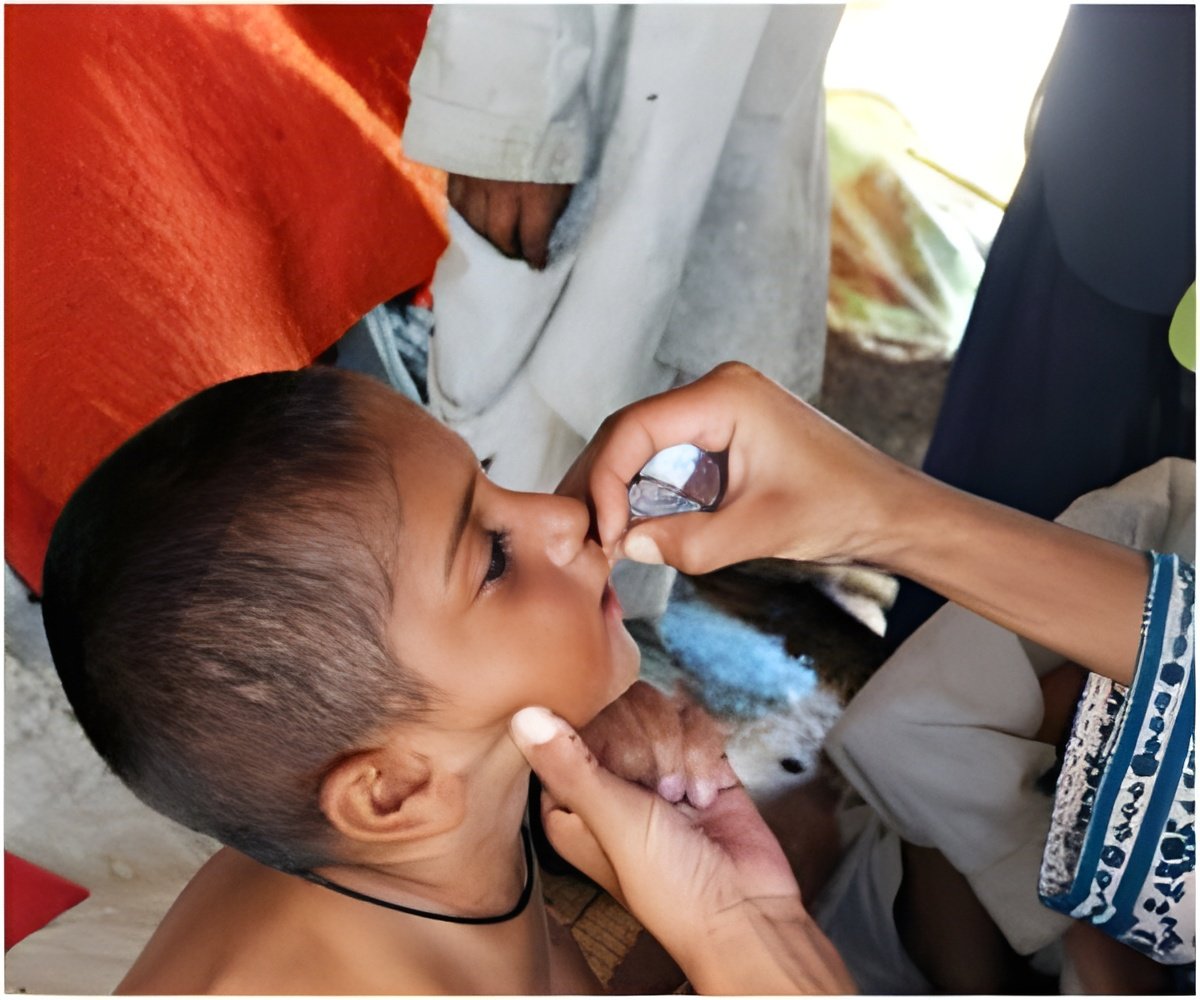
According to the Independent, launching the Scientific Declaration on Polio Eradication, they called on governments, international organisations and philanthropic individuals to fund 5.5 billion dollars to help eliminate the few remaining cases of polio and end transmission of the disease by 2014, so that the world may be declared polio-free in 2018.
The goal is remarkably close. After a quarter century of eradication efforts the number of cases has fallen more than 99 percent, from 350,000 in 1988 to 223 in 2012.
There are just three countries remaining where the disease is still endemic, Afghanistan, Pakistan and Nigeria, compared with 125 in 1988.
But there remain huge barriers. The global eradication effort has already missed four deadlines for elimination of the disease - often because funds fell short and polio resurged, the report added.
Source-ANI









